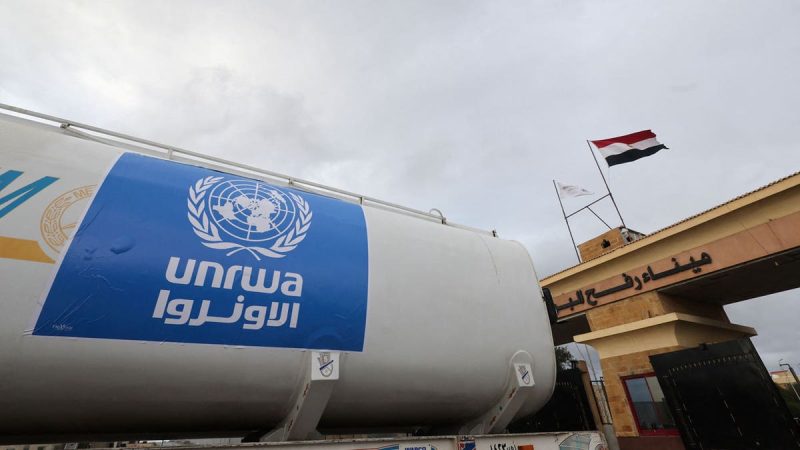The recent introduction of legislation aimed at holding the United Nations Relief and Works Agency for Palestine Refugees (UNRWA) accountable for its alleged involvement in assisting Hamas terror attacks in Israel has sparked controversy and debate among policymakers and human rights activists. The proposed legislation, introduced by lawmakers, seeks to address long-standing concerns regarding UNRWA’s neutrality and accountability in conflict zones, particularly in the Israeli-Palestinian context.
UNRWA was established in 1949 to provide humanitarian assistance to Palestinian refugees displaced by the Arab-Israeli conflict. Over the years, the agency has faced scrutiny over its operations, funding sources, and alleged ties to extremist groups such as Hamas. Critics argue that UNRWA’s presence in conflict zones has inadvertently enabled and supported terrorist activities, undermining peace and security in the region.
The proposed legislation comes at a time of heightened tensions and violence in the Israeli-Palestinian conflict, with frequent clashes between Israeli security forces and Palestinian militants. Lawmakers believe that holding UNRWA accountable for its actions is crucial to ensuring that humanitarian aid is not exploited for nefarious purposes and to prevent further violence and instability in the region.
Supporters of the legislation argue that UNRWA has failed in its mandate to remain impartial and neutral in the conflict, and that its actions have directly contributed to the perpetuation of violence and terrorism. By holding UNRWA accountable for its alleged role in assisting Hamas terror attacks, policymakers hope to send a strong message that international organizations must adhere to strict standards of neutrality and transparency in conflict zones.
On the other hand, opponents of the legislation caution against politicizing humanitarian aid and argue that punishing UNRWA could have negative consequences for the millions of Palestinian refugees who rely on the agency for basic services such as healthcare, education, and food assistance. They emphasize the importance of separating humanitarian assistance from political considerations and stress the need to ensure that vulnerable populations are not further marginalized or deprived of essential support.
As the debate over the proposed legislation unfolds, it is clear that addressing the complex challenges surrounding UNRWA’s operations in conflict zones requires a nuanced and comprehensive approach. Balancing the need for accountability and transparency with the imperative of protecting vulnerable populations is a delicate task that policymakers must navigate carefully to promote peace and stability in the Israeli-Palestinian context.
Ultimately, the outcome of the legislative process will have significant implications for the future of UNRWA and its role in the region. Whether the proposed measures will effectively hold the agency accountable for its alleged involvement in assisting Hamas terror attacks or if they will impact the delivery of vital humanitarian aid to Palestinian refugees remains to be seen. However, one thing is certain – the issue of UNRWA’s accountability is a critical one that demands serious consideration and decisive action from all stakeholders involved.




























